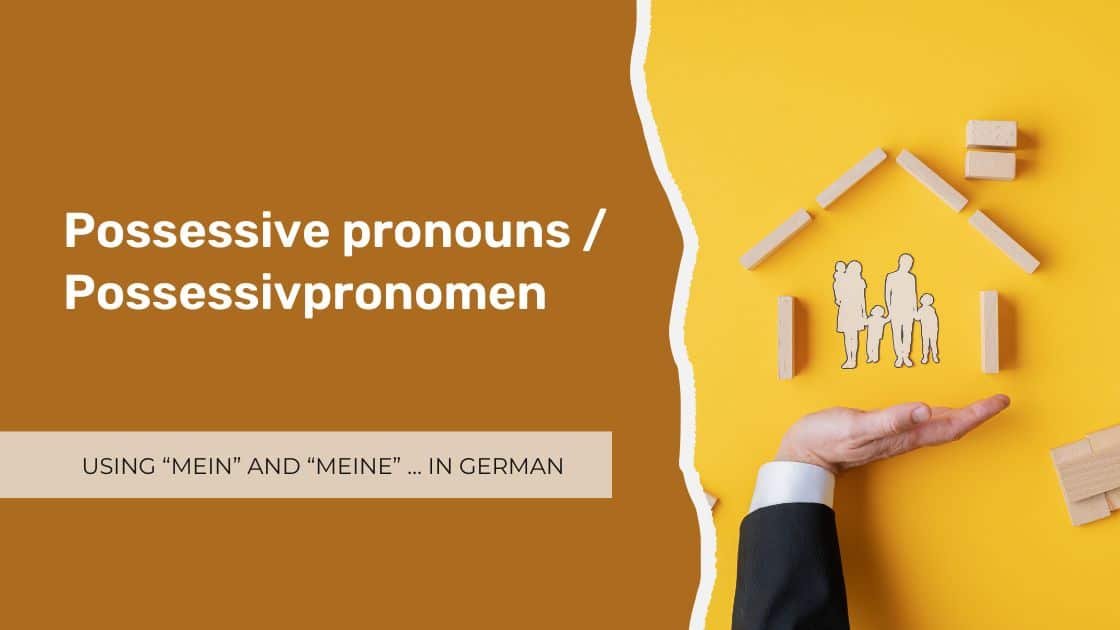The Essential Guide to Nominative Verbs in German Grammar
If you're learning German, you've probably heard of nominative verbs. But what are they exactly? Don't worry! In this post, we’ll explain what nominative verbs are, how they work, and give you useful examples to help you remember them.
Recommended study materials on the topic:
A-Grammar: Practice German grammar German (incl. answers)
B-Grammar: Practice German grammar German (incl. answers)
German self-study book for A1-B1 (incl. answers)
________________________
What Is the Nominative Case in German?
Before we talk about nominative verbs, let’s understand the nominative case. In German grammar, the nominative case is used for the subject of a sentence. The subject is the person or thing doing the action.
Examples:
Der Mann schläft. (The man is sleeping.)
Die Frau lacht. (The woman is laughing.)
In both sentences, the person doing the action is in the nominative case.
Support my free blog content with a kind donation.
Thank you!
Now, what are Nominative verbs?
Many students start learning the accusative and dative cases and may not even realize that nominative verbs exist. But they do!
Nominative verbs are verbs that link the subject to a noun or adjective that also stays in the nominative case. These verbs don’t show action like laufen (to run) or essen (to eat). Instead, they describe a state or identity.
These verbs are often called "sein" verbs because the most common one is sein (to be).
The Most Common Nominative Verbs in German:
These verbs are followed by a noun or adjective that is also in the nominative case.
Examples:
Ich bin Lehrer. (I am a teacher.)
Er wird ein guter Vater. (He becomes a good father.)
Sie bleibt ruhig. (She stays calm.)
Du heißt Anna. (Your name is Anna.)
Notice that both the subject and the noun or adjective stay in the nominative case.
Remember: If you use sein, werden, bleiben, or heißen, remember that both the subject and the following noun or adjective are in the nominative case — no accusative or dative here!
Important Rules to Remember:
Every complete German sentence needs a subject. The subject is always in the nominative case.
So: Nominative = Subject = the person (or thing) doing the action.
A few special verbs (sein, werden, bleiben, heißen) use two parts in the nominative case: the subject and the complement (another noun or adjective).
Most other verbs need:
Accusative (for direct objects)
Dative (for indirect objects)
Conclusion
Understanding German nominative verbs doesn’t have to be hard. Focus on the most common verbs (sein, werden, bleiben), and practice making your own sentences. With time and use, this part of German grammar will become easy and natural.
Looking for more help with German verbs and grammar? Check out the ultimate guide for the German Nominative for clear explanations and useful tips.
Bis bald!
Steffie
Related Posts
Hi there, I'm Stefanie, the author of the blog post you're reading.
Please support my work!
Search blog



Learn how nominative verbs like sein, werden, bleiben, and heißen work in German — with clear rules, simple tips, and easy examples for beginners.